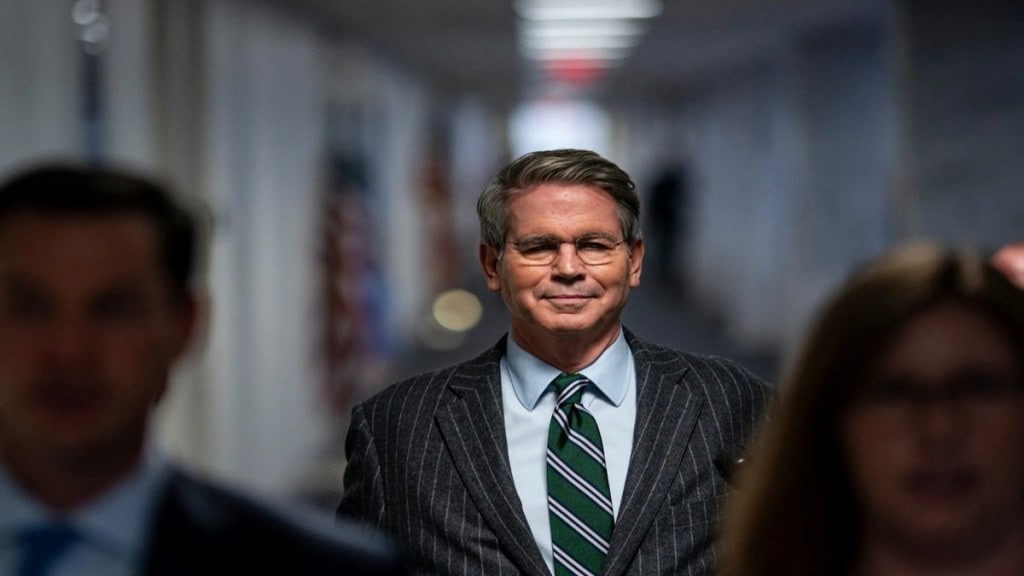US Treasury Secretary Scott Bessent has called for a united international response to China’s recent export restrictions on rare earth elements, with a particular emphasis on engaging key allies including India.
Bessent stated the importance of global partnerships, including those with India, Europe, and other Asian democracies, in addressing the growing threat posed by Beijing’s control over vital resources.
In an interview with CNBC, Bessent stated the importance of coordinated action in response to China’s tightened export controls, which have the potential to disrupt global supply chains for rare earth elements, key materials used in everything from mobile phones and electric vehicles to advanced military systems.
He confirmed that Washington is already in talks with its international allies, including India, to form a “fulsome group response” to China’s move.
What is Bessent’s statement?
“We are going to be speaking with our European allies, with Australia, with Canada, with India and the Asian democracies, and we’re going to have a fulsome group response to this,” Bessent stated.
He added that the US sees this as a global issue, rather than just a bilateral US-China problem, and stressed that countries around the world must work together to ensure a stable and secure supply of rare earths.
India, in particular, has become a key partner in the US-led effort to diversify global rare earth supply chains.
In 2023, India joined the US-led Minerals Security Partnership, hinting at a strong commitment to reducing dependence on China for critical minerals.
China’s role in Russia-Ukraine war
In a separate press conference, Bessent also turned his attention to China’s indirect support of Russia’s war in Ukraine. He accused China of increasing the conflict by purchasing significant amounts of Russian energy, including oil and gas.
“It is the purchase of Russian oil by China that fuels the Russian war machine. China buys 60% of Russian energy. They buy 90% of Iranian energy. So, who is fuelling the Russian war machine?” Bessent asked.
While accusing China of complicity in the war, Bessent also stated that diplomatic talks with Beijing could de-escalate tensions.
He revealed that the US has had “substantial communication” with China in recent days and indicated that more talks are expected to take place soon.
US-China tensions
Last week, President Donald Trump threatened to impose an additional 100% tariff on Chinese goods starting November 1.
Trump also raised the possibility of cancelling an upcoming summit with Chinese President Xi Jinping in South Korea, citing Beijing’s “hostile” trade behavior.
Despite these tensions, Bessent confirmed that the planned meeting between Trump and Xi would still take place, indicating that the door to diplomacy remains open.
“President Trump said that the tariffs would not go into effect until November 1. He will be meeting with Party Chair Xi in Korea. I believe that meeting will still be on,” Bessent remarked.
US has also ramped up its collaboration with India, particularly in the area of critical minerals and rare earths.
During Prime Minister Narendra Modi’s visit to Washington earlier this year, both nations committed to accelerating investment and research in rare earth recovery and processing.
Through initiatives like the Strategic Mineral Recovery program, India and the US aim to diversify their supply chains and reduce their reliance on China for crucial materials.

